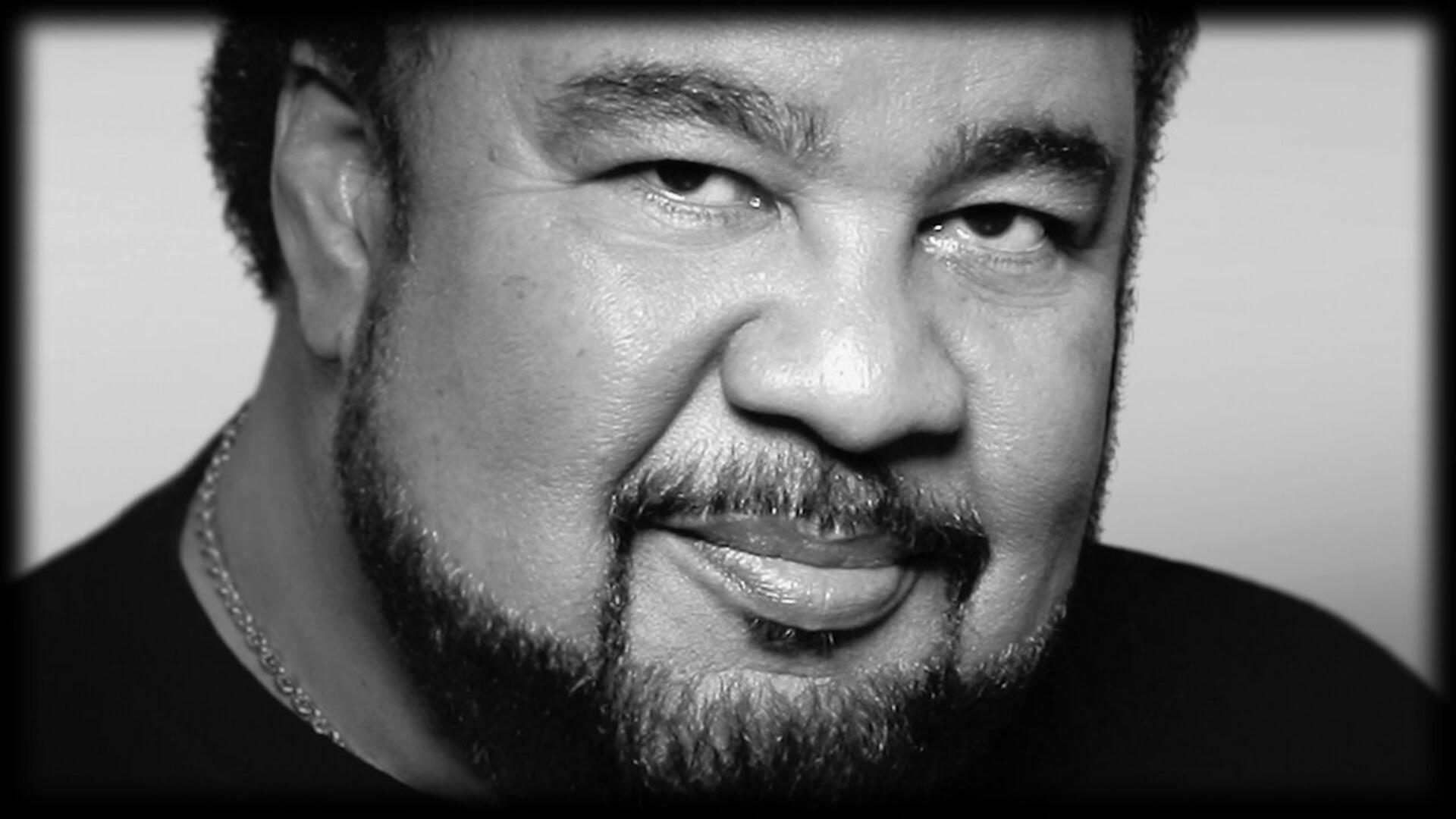George Duke

George Duke, keyboardist extraordinaire, was born on January 12, 1946, in San Rafael, California. He developed an early interest in music, starting piano lessons at age four. Duke's formal music education includes a bachelor's degree in trombone and composition from the San Francisco Conservatory of Music and a master's degree in composition from San Francisco State University.
1960s: Early Career and Collaborations
Duke's professional career began in the late 1960s, during which he collaborated with notable jazz musicians.
Key Albums and Highlights
"The George Duke Quartet Presented by the Jazz Workshop 1966 of San Francisco" (1966) - His debut album, showcasing his early jazz influences.
Collaborations with Jean-Luc Ponty - This period included significant work with violinist Jean-Luc Ponty, expanding his reputation in the jazz world.
1970s: Frank Zappa and Jazz Fusion
The 1970s marked Duke's transition to jazz fusion and a fruitful partnership with Frank Zappa.
Key Albums and Highlights
"The Mothers of Invention - Chunga's Revenge" (1970) - Duke's first album with Zappa.
"The Grand Wazoo" (1972) and "Over-Nite Sensation" (1973) - Other notable Zappa collaborations.
"Feel" (1974) - Featured hit single "Feel," establishing Duke's solo career in jazz fusion.
"The Aura Will Prevail" (1975) - Highlighted his fusion prowess and compositional skills.
1980s: Solo Success and Mainstream Recognition
Duke's career continued to soar in the 1980s with several successful solo albums and mainstream hits.
Key Albums and Highlights
"A Brazilian Love Affair" (1980) - A celebrated album blending jazz with Brazilian music.
"Dream On" (1982) - Featured popular tracks like "Shine On" and "Someday."
"Guardian of the Light" (1983) - Demonstrated his ability to integrate funk and R&B elements.
1990s: Production Work and Collaborations
During the 1990s, Duke became a highly sought-after producer and collaborator.
Key Albums and Highlights
"Snapshot" (1992) - Contained the hit "No Rhyme, No Reason."
Production Work - Worked with artists like Miles Davis, Al Jarreau, and Anita Baker.
"Illusions" (1995) - Continued his exploration of smooth jazz and R&B.
2000s: Continued Innovation and Legacy
George Duke remained active in the new millennium, releasing new music and touring extensively.
Key Albums and Highlights
"Face the Music" (2002) - Showcased his enduring talent and versatility.
"Dukey Treats" (2008) - A return to his funk roots, celebrated by fans and critics alike.
"DreamWeaver" (2013) - His final album, dedicated to his late wife, celebrated his diverse musical journey.
Discography Highlights
Solo Albums - "The Inner Source" (1973), "Feel" (1974), "A Brazilian Love Affair" (1980), "Guardian of the Light" (1983), "Snapshot" (1992), "Illusions" (1995), "Face the Music" (2002), "Dukey Treats" (2008), "DreamWeaver" (2013).
Collaborations - With Frank Zappa, Jean-Luc Ponty, Miles Davis, Stanley Clarke, and Al Jarreau.
Famous Songs and Compositions
"Reach for It""Sweet Baby" (with Stanley Clarke) "Shine On""No Rhyme, No Reason"Quotes
George Duke on music
Music is a language. It doesn't matter if it's jazz or classical or rock. The best musicians are the ones who listen and understand what everyone else is doing.
Legacy and Influence
George Duke's career spanned over four decades, during which he established himself as a pioneering keyboardist, composer, and producer. His ability to seamlessly blend jazz, funk, and R&B, along with his collaborations with legendary artists, cemented his legacy as one of the most versatile and influential musicians of his time. Duke's music continues to inspire and resonate with audiences around the world.
George Duke ratings

Songs: Brazilian Love Affair, Shine On